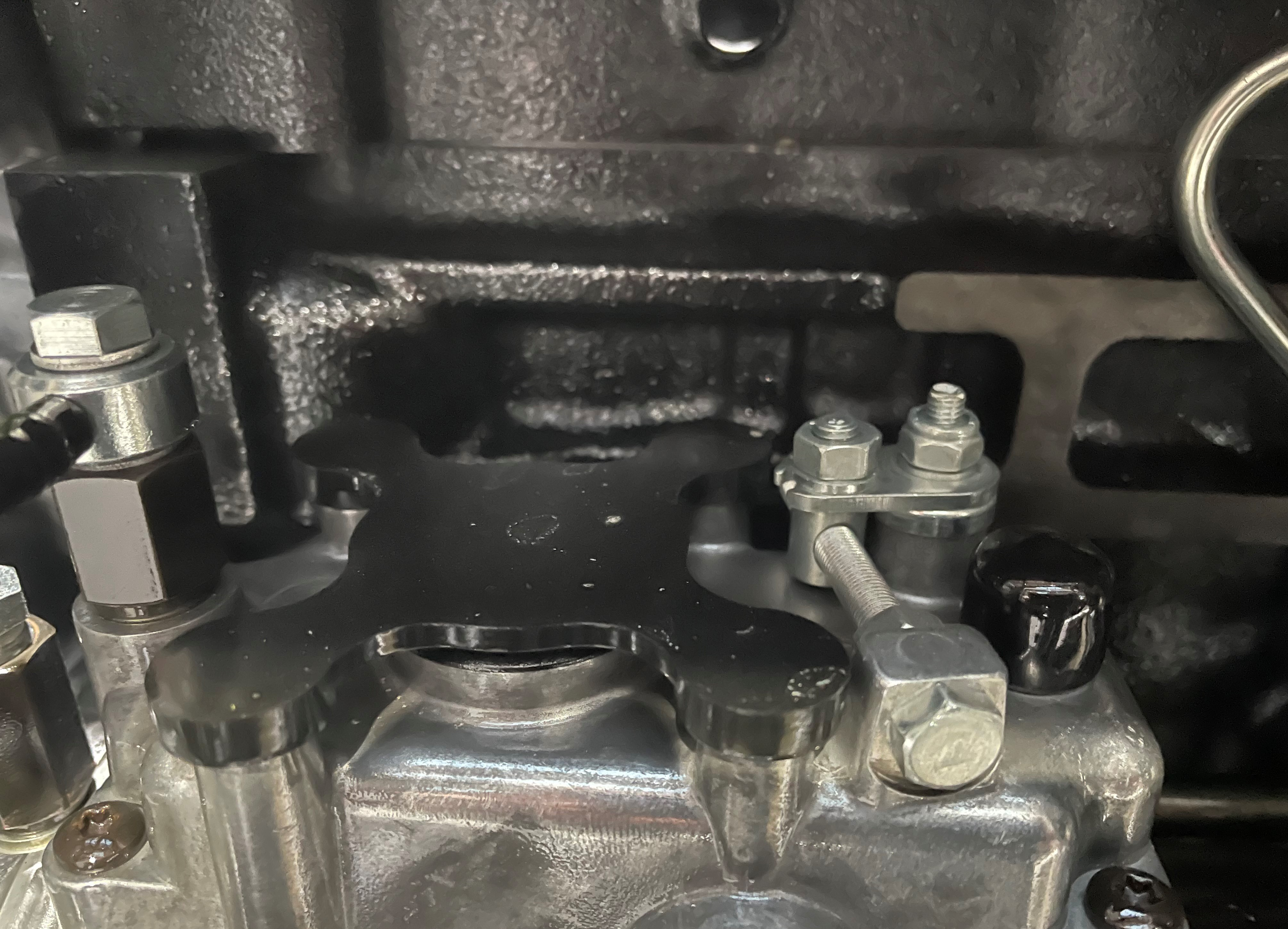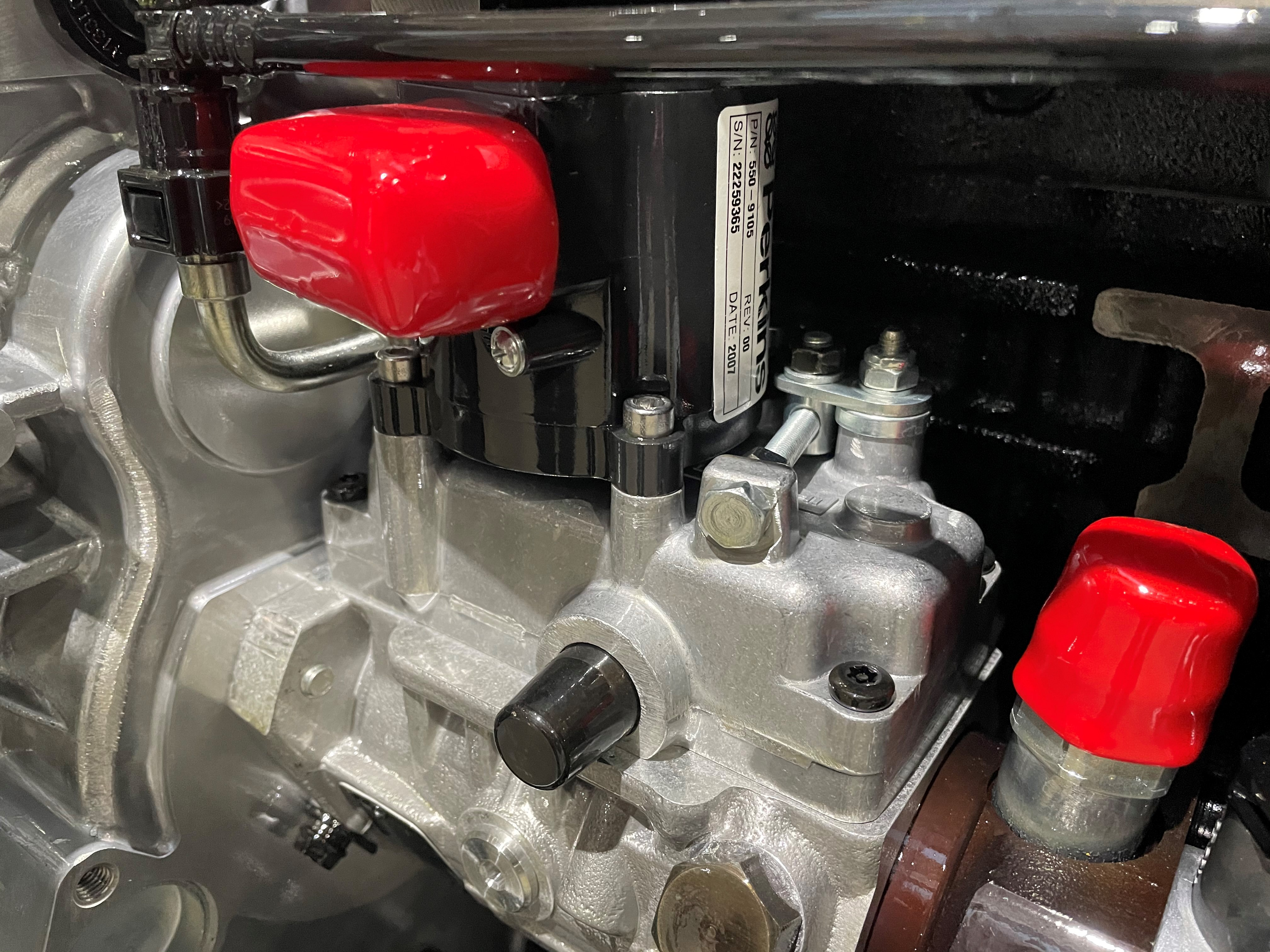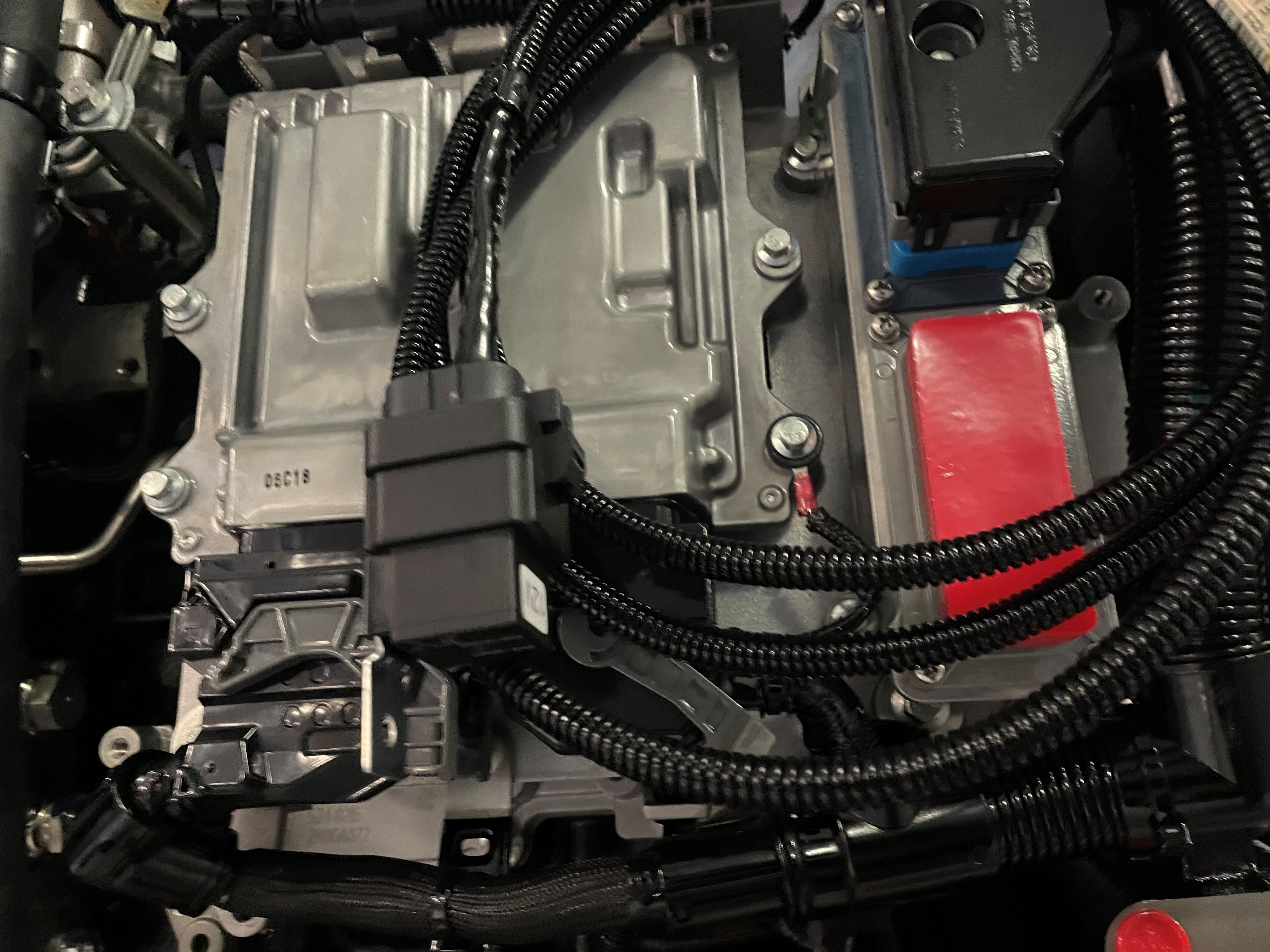What types of governor are fitted to diesel generator engines? What is the difference between them?
What types of governor are fitted to diesel engines?
Typically there are three types of governor fitted to modern diesel engines. Mechanical, Electronic and Electronic Control Units (ECU). Each type of governor has its advantages and disadvantages which makes it suitable for different applications.
A major component of a generators diesel engine, they all work in the same way to control the speed - when the engine is running above the set speed, the amount of fuel injected is reduced, slowing the engine. When the engine speed is too low the amount of fuel injected increases to bring it back to the set speed. They change the amount of fuel by moving the actuator or changing the fuel injection amount for engines with common rail or unit injectors.
The Mechanical Governor
A mechanical governor is the simplest and cheapest type fitted to diesel generator engines. It is usually fitted to engines with no emissions requirements (fuel optimized). The governor on a mechanical unit works by using a series of springs to try to control the amount of fuel injected to maintain the speed at a fixed level. The governor isn't aware of the actual speed of the engine, it is only aware of if it is above or below its target and mechanically corrects accordingly.

The image shows a Perkins 1100 series engine with a mechanical governor fitted. The black plastic cap can be removed and an optional electronic governor fitted. The screw on the right is used for adjusting the desired speed. See how to change the speed on a mechanical Perkins 1100 series engine.
What are the advantages and disadvantages of a mechanical governor?
Advantages:
- Lowest cost.
- Simplest to fit and repair.
- Usually upgradable to electronic when needed.
Disadvantages:
- Older, not capable if low emission levels are required.
- Speed regulation not as tight as electronic versions.
- Governor Droop is always required.
The Electronic Governor
Electronic governors are slightly more expensive than the mechanical versions, but are desired because they offer better regulation than a mechanical governor. Most mechanical governors have the option of a retro-fitted electronic governor. For an electronic governor an engine speed sensor is fitted and linked to the governor, which is uses to detect the engines speed. As the governor knows the engines speed, it can calculate the best path back to the set point, making it better at avoiding speed over and undershoots.

The image shows the black Perkins LC governor fitted on the top of the standard mechanical fuel pump from the image above.
What are the advantages and disadvantages of an electronic governor?
Advantages:
- Cost not as high as an Electronic control unit.
- Programable, engine droop optional.
- Excellent regulation.
Disadvantages:
- Not capable if low emission levels are required.
- Speed regulation not as tight as ECU's.
- Higher cost over a standard mechanical.
The Electronic Control Unit (ECU)
The ECU is the most expensive governing system. Usually used with common rail or unit injectors. ECU's usually have an array of additional sensors to detect a range of ambient and engine parameters, allowing them to finely control the fuel system based on not only the engines speed, but ambient conditions. An ECU is far more than just a governor, it acts like the engines brain, constantly making decisions based on the incoming data.

The image shows an ECU fitted to a Perkins 1100 series engine.
What are the advantages and disadvantages of an ECU?
Advantages:
- The best regulation, for both speed and emissions.
- Programable, engine droop optional, many additional features.
- Usually directly interface to the generator control module.
- Enables the reading of engine faults.
Disadvantages:
- The highest cost system.
- Many additional sensors, which can fail over time.
- Requires special software or fault code readers to access some of the information.
